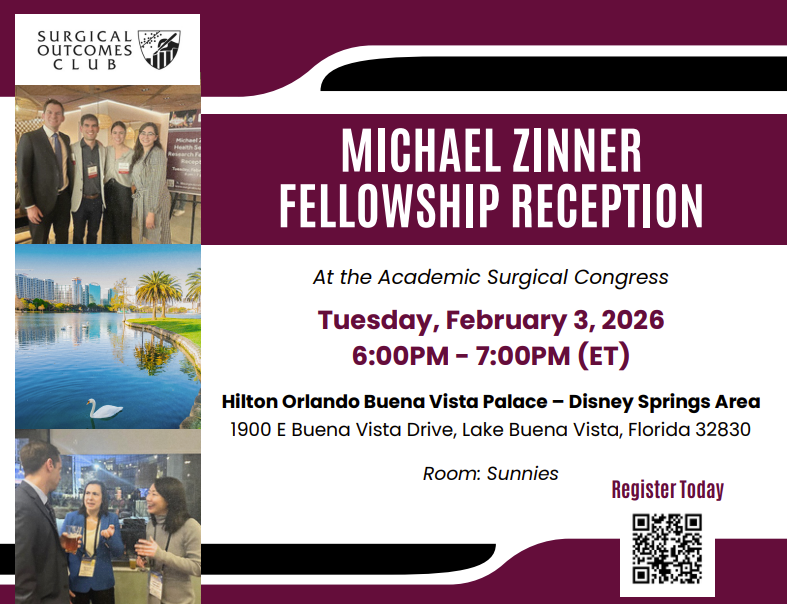Michael Zinner Health Services Research Fellowship
The goal of the Surgical Outcomes Club (SOC) Michael Zinner Health Services Research Fellowship Program is to provide an avenue for junior surgical investigators to acquire the skills, knowledge, and network needed to develop, execute, and publish research studies in the field of surgical outcomes and health services research under the guidance of a high-quality experienced mentor.
This Michael Zinner Health Services Research Fellowship Reception will provide an opportunity to connect with current and former fellows, meet program leadership, and learn more about the goals, impact, and future of the fellowship. It will also be a chance to engage in meaningful conversation with colleagues who share an interest in advancing health services research and academic leadership.
Event Details:
📍 Location: Hilton Buena Vista, Orlando, Florida
📅 Date: Tuesday, February 3
⏰ Time: 5:00 – 6:00 PM
This event is FREE to SOC members and will include light appetizers and an open bar. To help us plan and obtain an accurate headcount, we kindly ask that you please register in advance.
Applications Open Spring 2026!

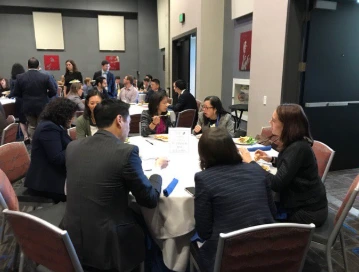
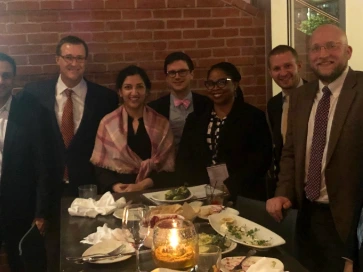
Program Highlights
- One year fellowship for trainees and junior faculty
- Up to 4 fellows accepted each year
- Fellows are matched with an established SOC Member who will serve as their mentor and consultant
- Fellows will develop and execute a project under the guidance of their mentor
- The research fellowship program is of no cost to the participants
-
Objectives
Upon completion of the program, fellows will be able to:
- Access and review the surgical outcomes research literature
- Design an outcomes research project using appropriate methods
- Manage an outcomes research project
- Translate outcomes research into academic presentations and publications
- Establish a network of surgical outcomes research colleagues
-
Program Expectations
- Attend the mid-year Zinner Fellowship Reception, which is held at the Academic Surgical Congress
- Attend the SOC Annual Scientific Session during the fellowship year and present your research project in a dedicated session for Zinner fellows.
- Submit an abstract to a national meeting based on collaborative with your mentor
- Prepare and submit at least one manuscript with your mentor for peer review and/or development of specific aims for future grant submission
-
Who May Apply
- Members of the Surgical Outcomes Club that are interested in pursuing surgical outcomes and health services research may apply to this fellowship.
Application Process
Applicants must submit the application for along with the following:
- Application form
- Current copy of your curriculum vitae
-
A two-page statement of interest, including:
- Prior and/or current activities and responsibilities in surgical outcomes research
- A description of current surgical outcomes research interests
- Potential research questions that may serve as a focus of the fellowship research project.
-
Previously published and/or presented surgical outcomes research
-
Why an SOC mentor is needed
-
Letter of Support from department chair is required, confirming the support for attending the mid-year Zinner Fellowship Reception and the Annual Scientific Session.
Now accepting applications!
Application Deadline: Friday, May 30, 2025
2025 Fellowship Awardees and Mentors
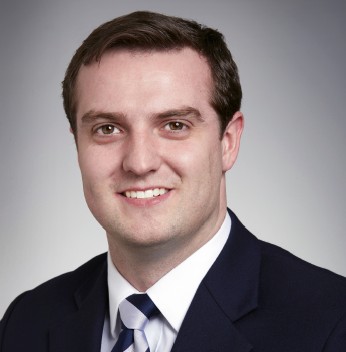
Michael Dalton,
MD, MPH
University of Colorado
Mentor:
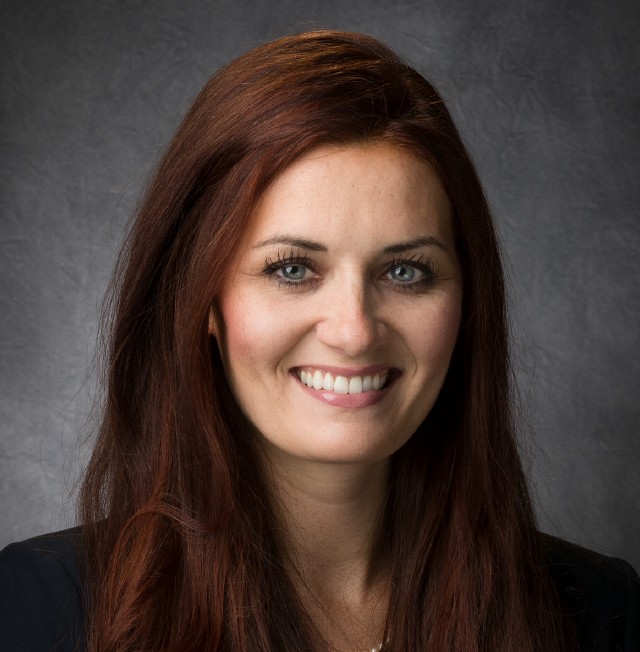
Erin Bayley,
MD
University of Pittsburgh Medical Center
Mentor:
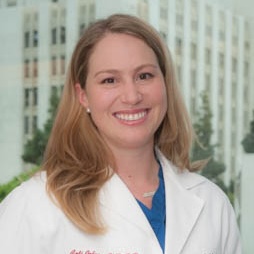
Cali Johnson
MD, EDD
University of Utah
Mentor:
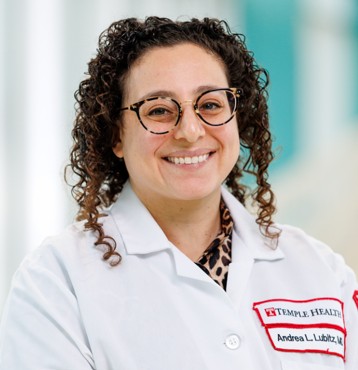
Andrea Lubitz,
MD, MPH
Temple University Hospital
Mentor:

The Surgical Outcomes Club Michael Zinner Health Services Research Fellowship Reception in Las Vegas was a memorable event celebrating the achievements of emerging researchers in the field of surgical outcomes. The reception brought together fellowship recipients, mentors, and colleagues to network, share insights, and discuss advancements in health services research.
History of Michael Zinner Fellowship
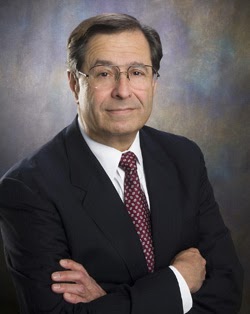
The Health Services Research Fellowship was named in honor of Dr. Michael J. Zinner, in thanks for his outstanding mentorship of the Surgical Outcomes Club.
In 2005, Dr. Zinner generously sponsored our first organized meeting, which led to development of bylaws and creation of a leadership committee.
In our second year, Dr. Zinner again sponsored what has come to be our Annual Scientific Session, which permitted the group to launch successfully as an independent club. The Michael Zinner Health Services Research Fellowship provides an avenue for young investigators to acquire the skills and knowledge to develop, execute and publish research studies in the field of surgical outcomes and health services research under the guidance of high quality mentors and advisors, external to their home institutions. This one-year fellowship will match awardees with an established SOC member who will provide mentoring and guidance in the completion of an outcomes research project.
Former Fellows & Mentors
*Institutions may have changed. Institutions listed below was their home institution at the time of the fellowship.
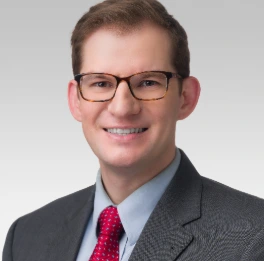
Ryan Jacobs,
MD, MS
Northwestern University
Mentor:
Robert Meguid, MD, MPH;
University of Colorado
2024 – 2025
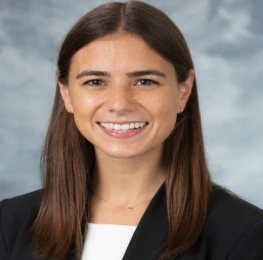
Catherine Jensen,
MD, MS
University of Wisconsin
Mentor:
Rachel Greenup, MD, MPH;
Yale School of Medicine
2024 – 2025

Jason Samuels,
MD
Vanderbilt University
Mentor:
Luke Funk, MD;
University of Wisconsin
2024 – 2025
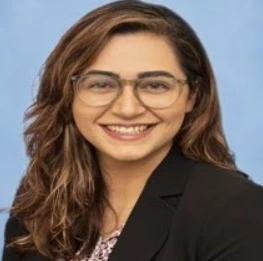
Tandis Soltani,
MD
UC Davis
Mentor:
Cherisse Berry MD;
NYU Langone Health
2024 – 2025
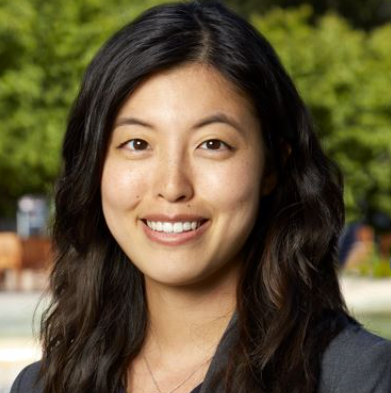
Adela Wu, MD
Stanford University
Mentor:
Amy Suwanabol, MD, MS
University of Michigan
2023-2024
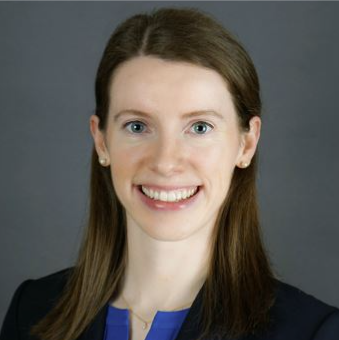
Kelsey Montgomery, MD
University of Alabama at Birmingham
Mentor:
Mentor: Ryan Merkow, MD, MS;
University of Chicago
2023-2024
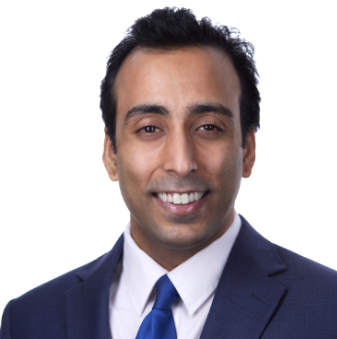
Amir Sohail, MS, MSc
NYU Langone Health
Mentor:
Mentor: Rebecca Snyder, MD, MPH;
MD Anderson Cancer Center
2023-2024
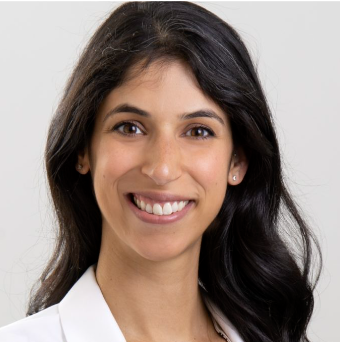
Jessica Martinolich, MD
University of Buffalo
Mentor: Alex Hawkins, MD. MPH;
Vanderbilt University
2023 – 2024
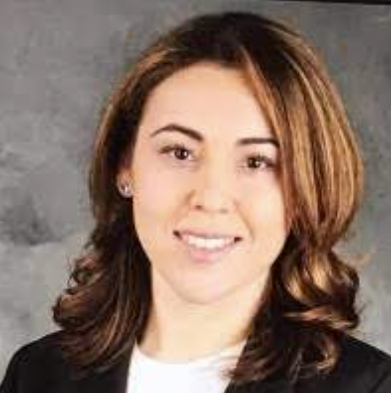
Centre Hospitalier de l’Université de Montréal
Mentor: Shipra Arya, MD, SM;
2022 – 2023
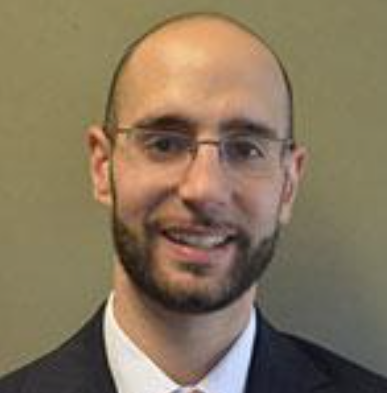
Louisiana State University Health Science Center
Mentor: Andrew Ibrahim, MD, MS;
2022 – 2023
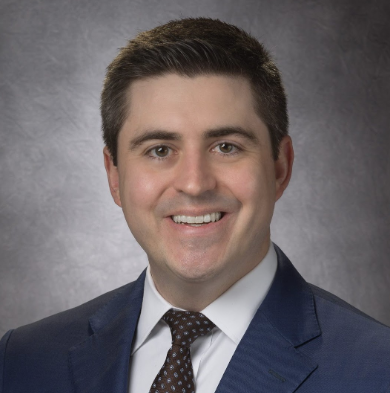
MD Anderson Cancer Center
Mentor: Karl Bilimoria, MD, MS;
2022 – 2023
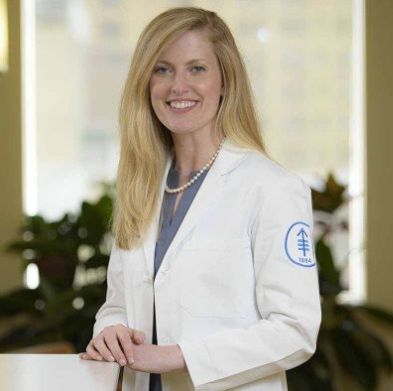
Audree Tadros, MD, MPH
Memorial Sloan Kettering Cancer Center
Mentor: Lola Fayanju, MD, MA, MPHS;
2022 – 2023
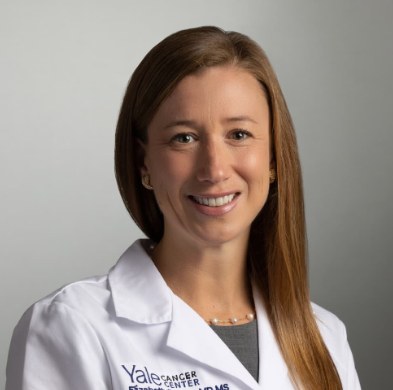
Yale University
Mentor: Lesly Dossett, MD
University of Michigan
2021 – 2022
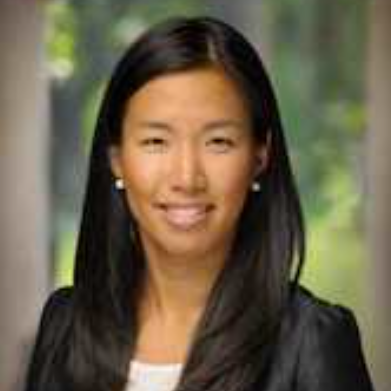
Sarah Lee, MD
NYU Langone Health
Mentor: Gita Suneja, MD
University of Utah
2021 – 2022
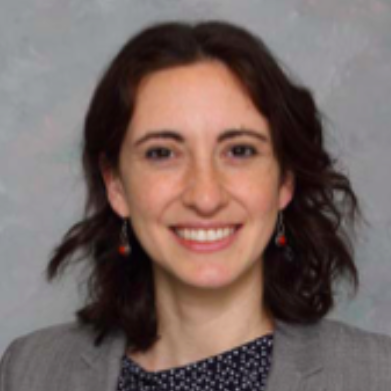
Medical College of Wisconsin
Mentor: Zara Cooper, MD
Brigham Women’s Hospital
2020 – 2021
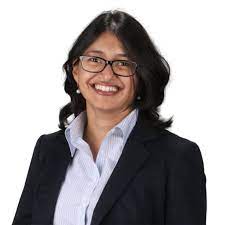
University of South Alabama
Mentor: Fabian Johnston, MD
Johns Hopkins University
2020 – 2021
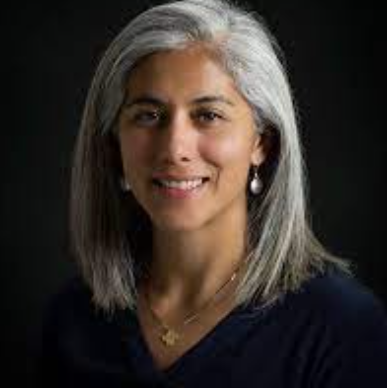
Gabriela Poles, MD
University of Rochester
Mentor: Marcia Russell, MD
UCLA
2020 – 2021

University of Michigan
Mentor: Susan Pitt, MD
University of Wisconsin-Madison
2020 – 2021
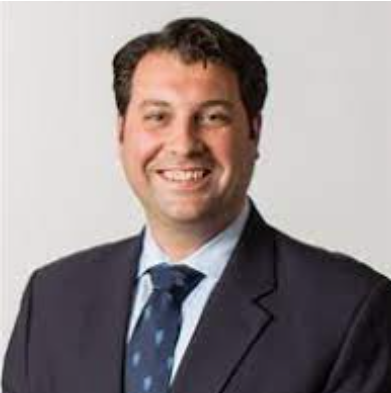
University of California San Francisco
Mentor: Matthew Corriere, MD
University of Michigan
2019 – 2020
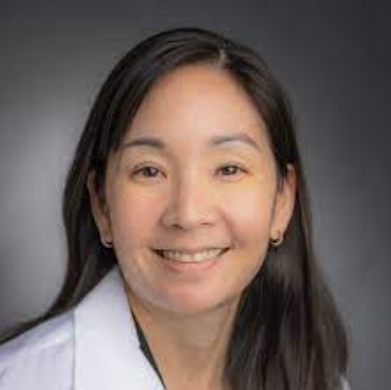
Memorial Sloan Kettering Cancer Center
Mentor: Caprice Greenberg, MD
University of Wisconsin
2019 – 2020
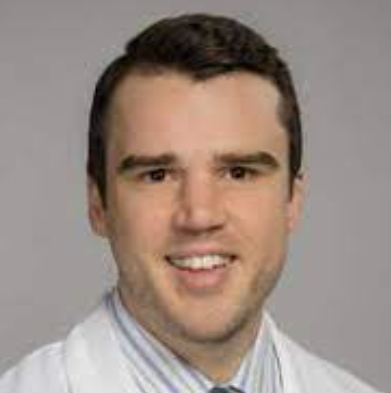
Indiana University
Mentor: Heena Santry, MD
The Ohio State University
2019 – 2020
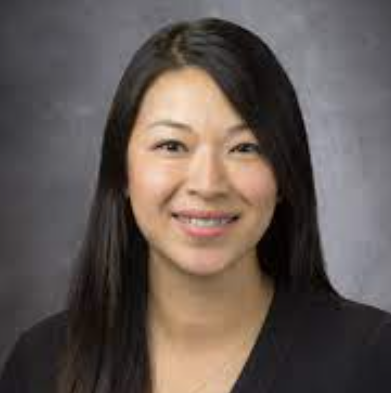
MD Anderson Cancer Center
Mentor: Carrie Lubitz, MD
Massachusetts General Hospital
2019 – 2020
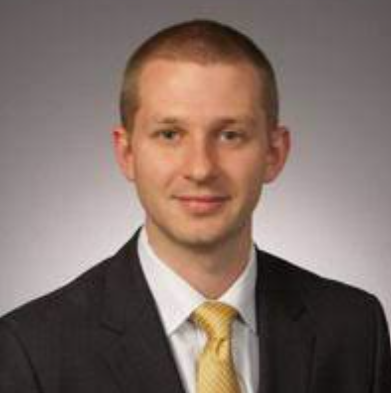
UCLA
Mentor: Daniel Abbott, MD
University of Wisconsin
2018 – 2019
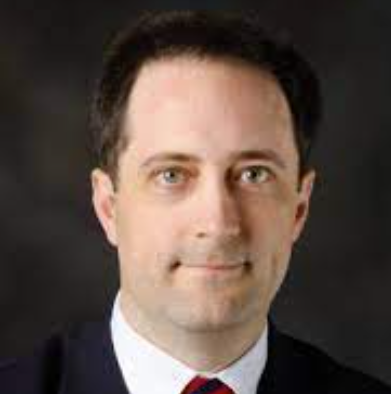
University of Louisville
Mentor: Hari Nathan, MD
University of Michigan
2018 – 2019
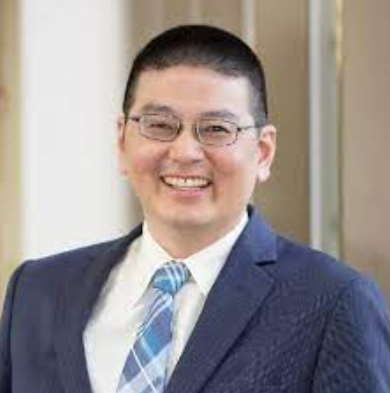
University of Utah
Mentor: Jennifer Waljee, MD
University of Michigan
2018 – 2019

University of North Carolina
Mentor: Alex Haynes, MD
Harvard University
2018 – 2019
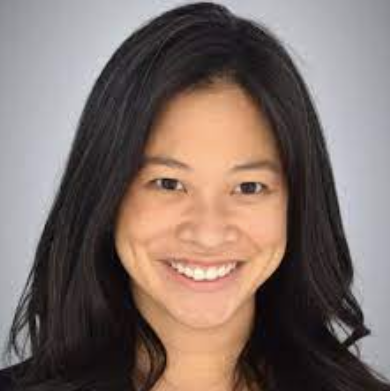
Case Western Reserve University
Mentor: Elliott Haut, MD
Johns Hopkins Medicine
2017 – 2018
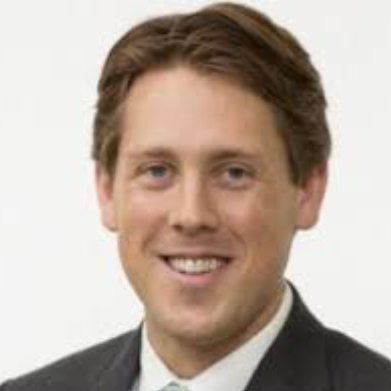
University of Pittsburgh
Mentor: Angela Smith, MD
University of North Carolina
2017 – 2018
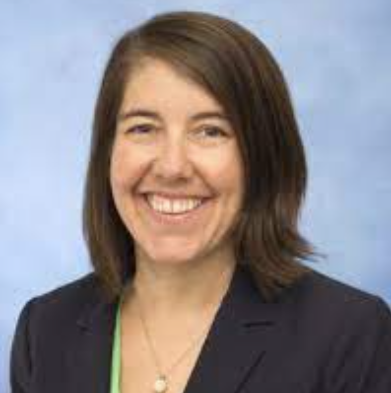
The Ohio State University
Mentor: Adil Haider, MD
Brigham and Women’s Hospital
2017 – 2018
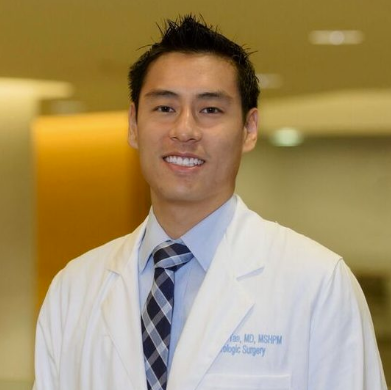
University of North Carolina
Mentor: Alex Sox-Harris, PhD
Stanford University
2017 – 2018
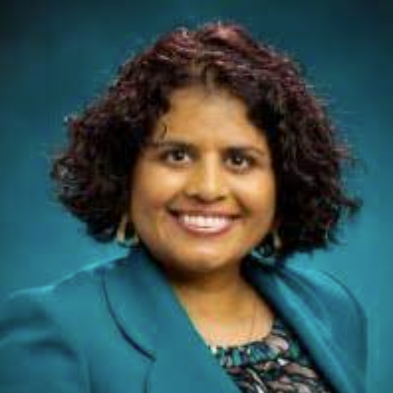
SIU School of Medicine
Mentor: Heather Newman, MD
University of Wisconsin-Madison
2016 – 2017
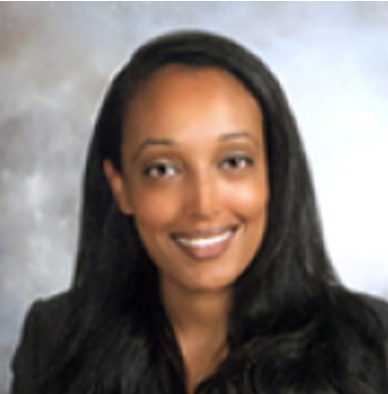
Massachusetts General Hospital
Mentor: Chad Ellimoottil, MD
University of Michigan
2016 – 2017
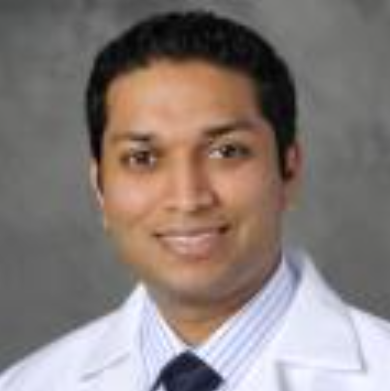
Henry Ford Hospital
Mentor: Nader Massarweh, MD
Baylor College of Medicine
2016 – 2017
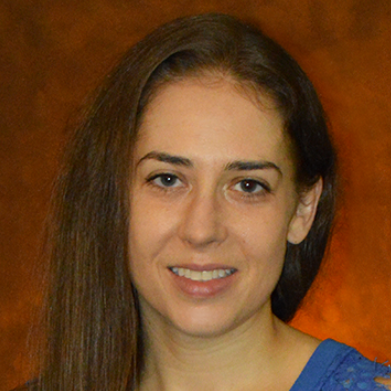
Vanderbilt University
Mentor: Benjamin Kozower, MD
Washington University
2016 – 2017
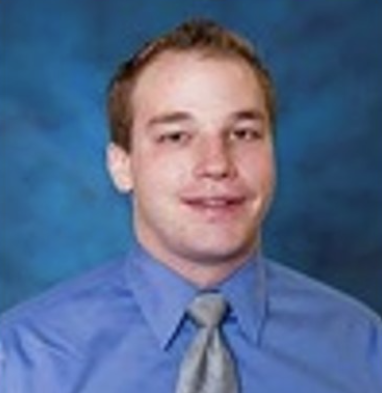
University of Pittsburgh
Mentor: Joel Weissman, PhD
Brigham and Women’s Hospital
2015 – 2016
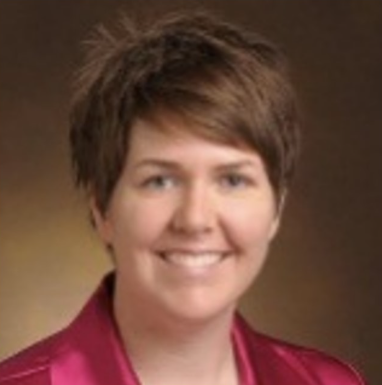
University of South Florida
Mentor: Arden Morris, MD
University of Michigan
2015 – 2016
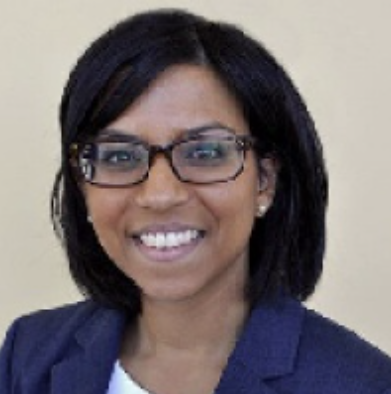
Geisinger Health System
Mentor: Matt Neilson, MD
University of North Carolina
2015 – 2016
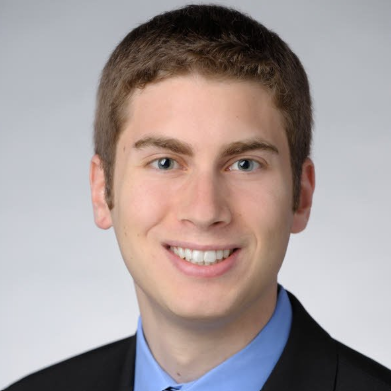
Boston Medical Center
Mentor: Amir Ghaferi, MD
University of Michigan
2015 – 2016
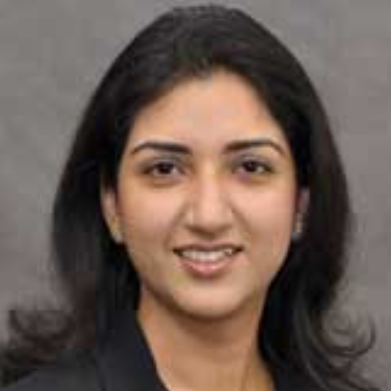
Shipra Arya, MD
Emory University
Mentor: Philip Goodney, MD
Dartmouth College
2014 – 2015
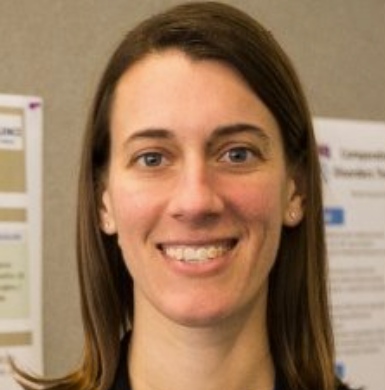
Kristy Kummerow, MD
Vanderbilt University
Mentor: Gretchen Schwarze, MD
University of Wisconsin-Madison
2014 – 2015
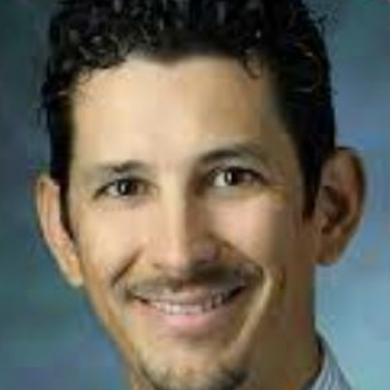
John Rose, MD
Brigham and Women’s Hospital
Mentor: Amir Ghaferi, MD
University of Michigan
2014 – 2015
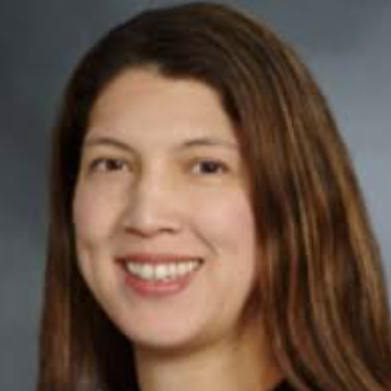
Heather Yeo, MD
NYP-Weill Cornell Medical Center
Mentor: Emily Finlayson, MD
UCSF
2014 – 2015
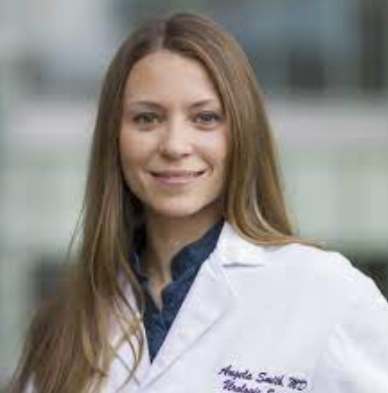
Angela Smith, MD
University of North Carolina
Mentor: David Penson, MD
Vanderbilt University
2013 – 2014
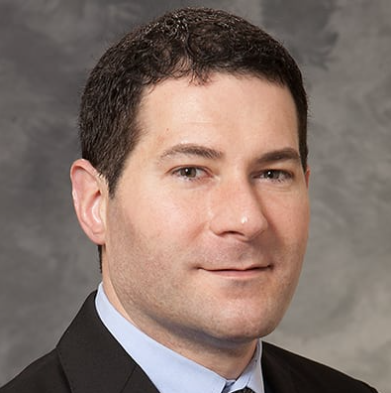
David Schneider, MD
University of Wisconsin
Mentor: Arden Morris, MD
University of Michigan
2013- 2014
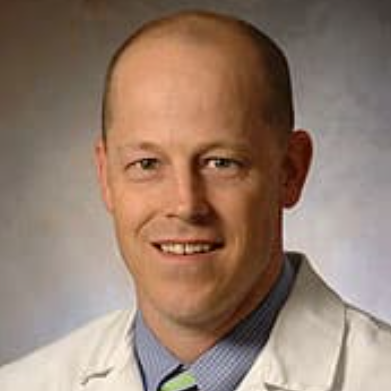
Mark Slidell, MD
University of Chicago
Mentor: Karl Bilimoria, MD
Northwestern University
2013 – 2014
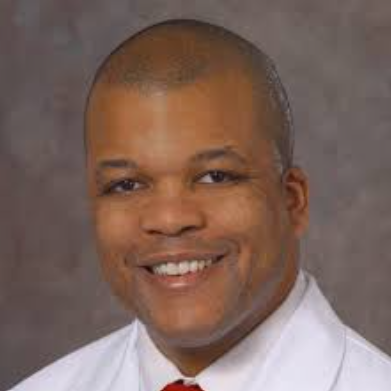
David Cooke, MD
UC-Davis
Mentor: Justin Dimick, MD
University of Michigan
2013 – 2014
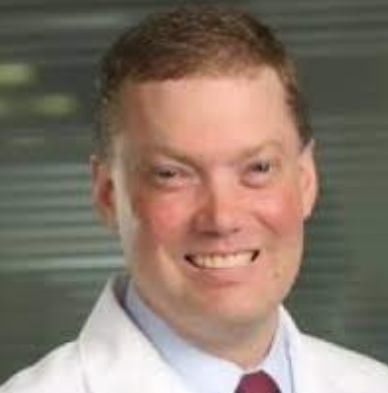
Michael Bowdish, MD
University of Southern California
Mentor: Melinda Maggard-Gibbons
UCLA
2013 – 2014

